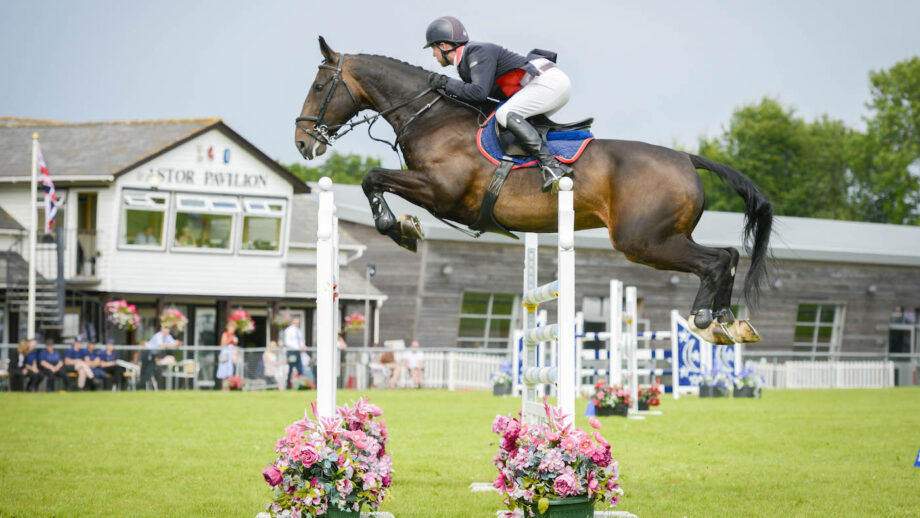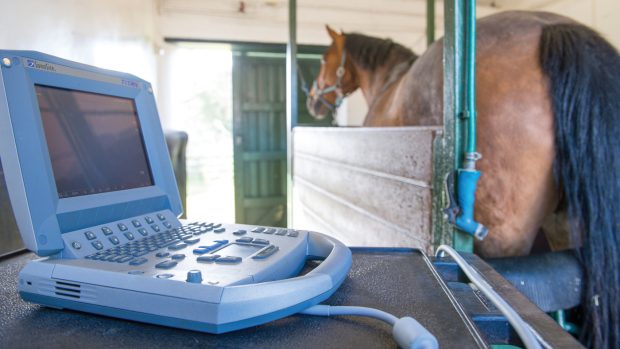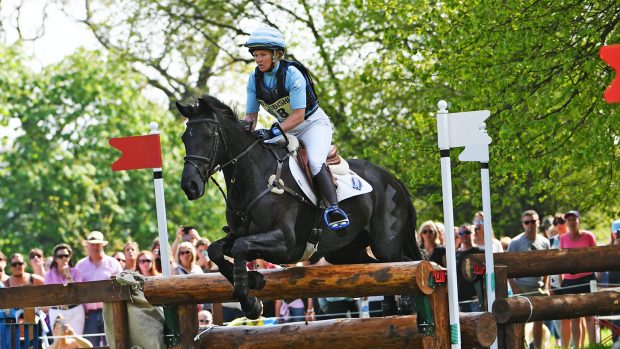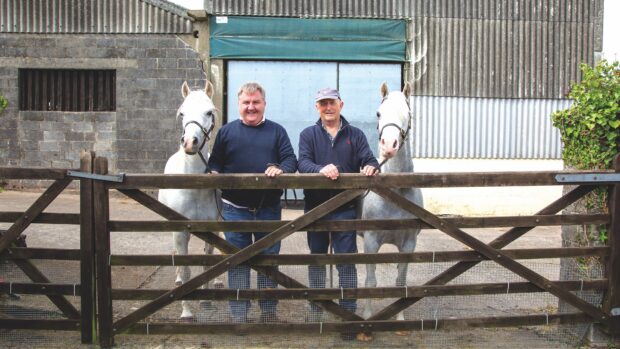Concerns have been shared in the breeding community over the registration of part-bred foals and those whose full pedigree is unknown.
Confusion arose after Defra issued a recent communication to studbooks stating that some breed societies had been registering part-bred equines in their main studbooks when they are not eligible – and those doing so must stop immediately. On 16 April Defra then issued guidance to help “address any necessary corrections to non-compliance”.
A Defra spokesperson told H&H the initial communication was issued after the department received evidence that some societies were not complying with legislation by “registering in the main section of their studbook, equines whose parents are not already registered in that studbook, or who are not otherwise eligible for entry in that section”.
The 826 Equine Studbooks Association chair Celia Clarke confirmed to H&H that the legislation has not changed, it remains what it was when the UK left the EU, but the part-bred issue had arisen following a Defra review of how the rules are being applied by studbooks.
“There are a large number of mares of unknown pedigrees who have been covered by stallions of recorded breeding, and until now many studbooks have been issuing full pedigree papers for these foals,” said Ms Clarke.
“But now Defra has said that these part-breds, by their interpretation at the moment, are not eligible under the current regulations to be given zootechnical breeding papers, and therefore can only be given identification-only passports.”
Under the 16 April guidance, a studbook may register horses who are not eligible for main studbook papers but are eligible for future upgrades into the main section, for example their offspring, in a “supplementary section” separate to the studbook’s “main section”. In the supplementary section, any known pedigree information can be recorded, but studbooks cannot issue zootechnical documents for these equines and the passport pages must be clearly marked as supplementary.
Horses who would never be eligible for upgrade into the main studbook, such as part-bred horses in pure-bred studbooks, will not be able to go in the supplementary section. They will have to have identification-only papers, also known as breeding and production papers. These are associated with a lower health status, which will make it more difficult to travel or export them.
Ms Clarke said although guidance had been issued sooner than expected and a six-month period has been given by Defra for breed societies to “return to compliance”, this is not a long-enough timeframe and does not address the fact that part-breds cannot be registered in the main section of studbooks. The 826 Equine Studbooks Association’s communications with Defra will continue.
Eva-Maria Livesey, head evaluator for the Anglo European Studbook (AES), told H&H: “For the AES these changes are less of a challenge, as we are an open studbook aimed at breeding for sport from a variety of bloodlines. The updated guidance brings us more in line with Europe, which is helpful for us, as we have a daughter society in the Netherlands.
“We do, however, advise our breeders where possible to ensure their horses are eligible for main papers through grading inspections and the right paperwork, as we can only issue zootechnical certificates for main studbook horses. We are putting additional support in place this year with further grading opportunities to ensure everyone has good access to our services.”
On the part-bred situation, Dr Livesey said in Holland several pure-bred studbooks have “found solutions by creating special breeding programmes for part-breds”.
“For example the Irish Cob Society there has a separate approved breeding programme for part-breds. Far from relegating these horses in status, this in fact elevates them and awards further recognition of the very positive contribution they make to the equestrian world,” she said.
National Pony Society office manager Sacha Shaw told H&H the guidance makes things “a little simpler” from the society’s point of view, as “we can now include the pedigree information of any foals that have to be registered in our new supplementary section, in the statutory pages in the front half of the passport”.
“However this supplementary section passport, although it will look identical to a main studbook passport, will not have the zootechnical status. But from a pedigree recording and showing point of view, we are happy that we have incorporated the Defra guidance,” she said.
- To stay up to date with all the breaking news from major shows throughout 2025, subscribe to the Horse & Hound website
You may also be interested in:

‘Is there horse meat in your lasagne? Don’t know’: equestrian industry’s warning to Government

‘It’s a complete Horlicks’: watershed moment as horse ID system is set to change

What makes a good broodmare – and does your horse have what it takes?

‘To win on one you’ve known from a foal adds to the whole value’ – the thrill of competing home-bred elite horses

Subscribe to Horse & Hound magazine today – and enjoy unlimited website access all year round




